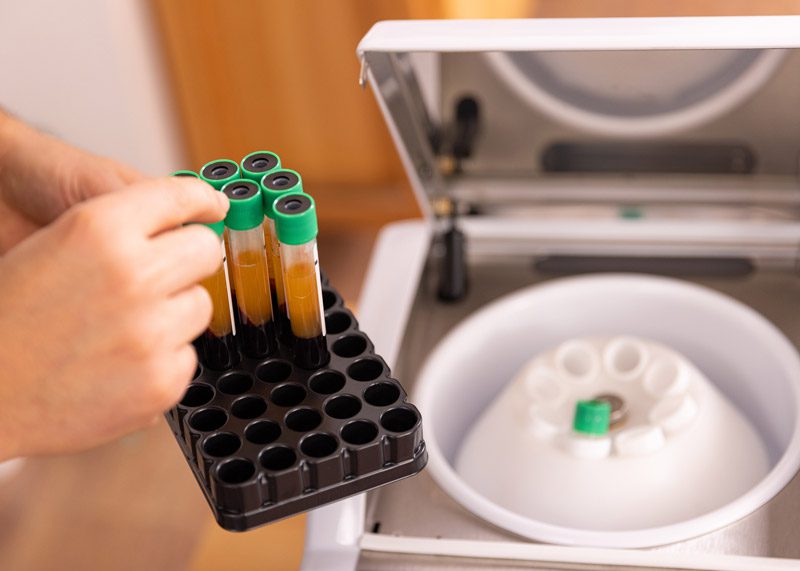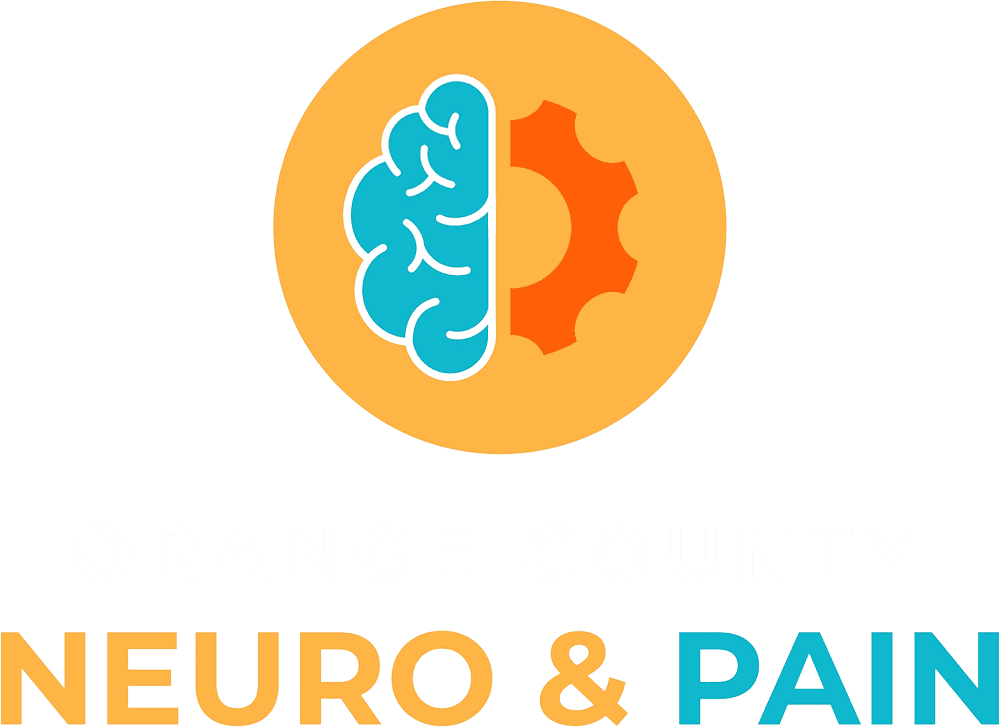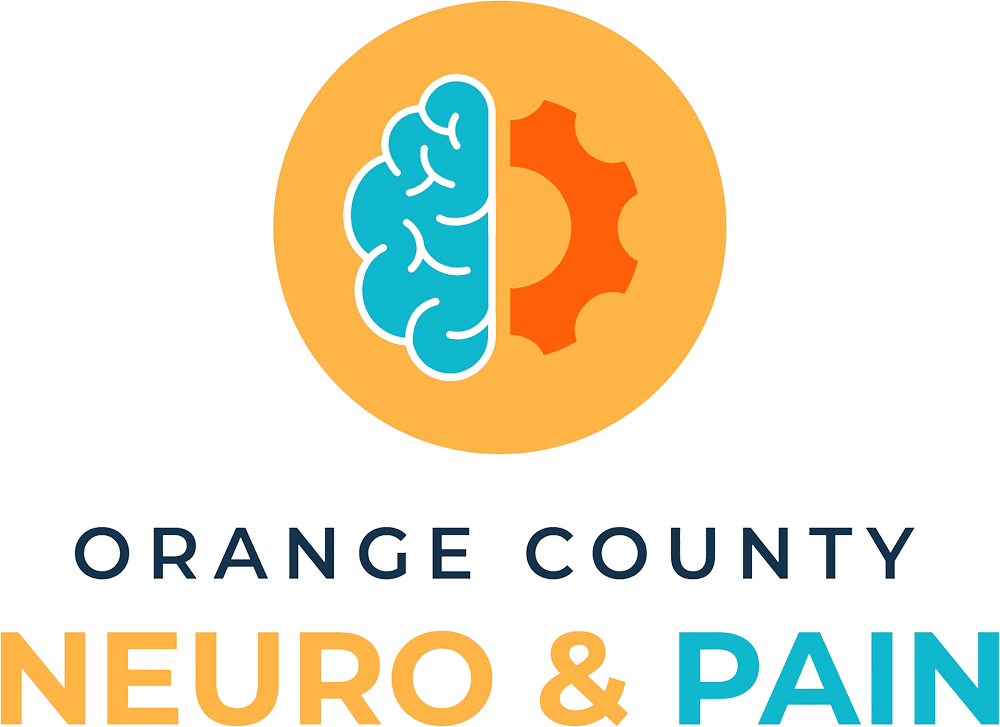

Regenerative medicine is an emerging field of medicine that holds great promise for treating a wide range of diseases and injuries. It is a branch of medicine that focuses on using the body’s own regenerative capabilities to heal and restore damaged or diseased tissues and organs. This approach to medicine has the potential to revolutionize the way we treat many chronic diseases and injuries.
At its core, regenerative medicine involves the use of stem cells, which are special cells that have the ability to develop into various types of cells in the body. Stem cells can be used to replace damaged or diseased cells and tissues, such as those in the heart, liver, or pancreas. This can help to restore the body’s normal functions and improve overall health.
The Benefits of Regenerative Medicine
One of the key benefits of regenerative medicine is that it is minimally invasive. Unlike traditional surgery, regenerative medicine procedures typically involve injections or other non-surgical methods that do not require large incisions or extended hospital stays. This can help to reduce recovery times and minimize the risk of complications.
Another advantage of regenerative medicine is that it can be used to treat a wide range of diseases and conditions. This includes everything from chronic pain and arthritis to heart disease and neurological disorders. Because stem cells have the potential to develop into any type of cell in the body, they can be used to treat a wide range of diseases and conditions.

What Does Regenerative Medicine Treat?
This field of medicine can be used to provide a range of therapies and treat various conditions:
- Brain injury tissue repair
- Cardiovascular tissue repair
- Immune system improvement
- Organ transplants
- Tissue engineering
- Type 1 diabetes
- Skin wounds
- Cell therapy
- Certain cancers
Dr. Alireza Bozorgi takes a multidisciplinary approach for pain and treatment may involve multiple therapies, in addition to regenerative medicine.
Types of Regenerative Medicine
New discoveries and advancements in regenerative medicine are constantly emerging, but there are several key areas of focus. These include tissue engineering and biomaterials, where biomaterials created through 3D printing are placed in the body to promote the growth of new tissue.
Another area of focus is cellular therapies, which involve using adult stem cells to aid in the reconstruction of new tissue in areas where disease or tissue damage is present. Adult stem cells can be taken from various parts of the body, such as blood, fat, bone marrow, and dental pulp. Scientists are actively studying this method to learn more about its potential for tissue and organ regeneration.
Finally, regenerative medicine has also explored the use of medical devices and artificial organs to support failing organs. For instance, if a patient’s organ is too damaged to function properly and requires replacement, doctors may use engineering and robotics to create technologies and machines to support these organs. For example, ventricular assistive devices (VAD) can help address circulation issues during complex transplant procedures. This approach is particularly important since finding suitable organ donors can be challenging, and time is often a critical factor in such cases.

